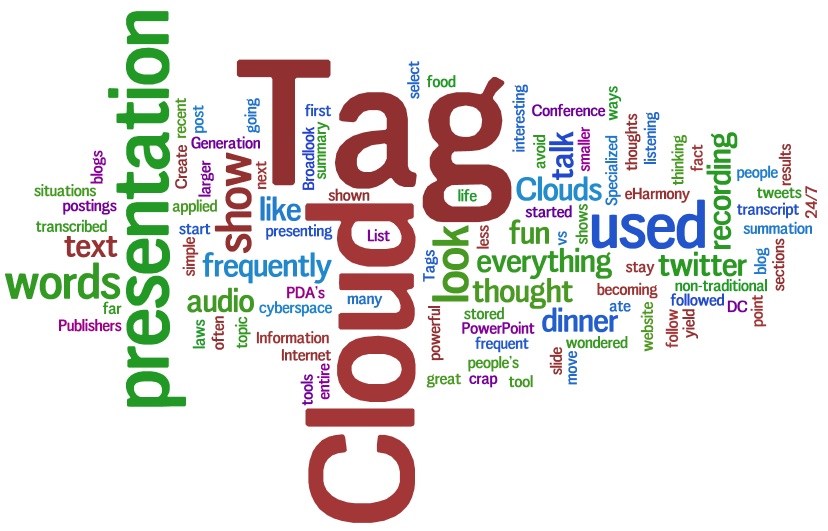♫I’m searching
When I’m lost and need to find myself
Where this road will lead
no one can tell…♫
– Lyrics and music by Simon Finn and Errol Reid, recorded by China Black.

It is hard to imagine but no search engine existed for the web until 1993. Of course, when it comes to doing research on the web, the one search site that everyone knows today is Google. But Google itself didn’t become prominent until 2000. Furthermore, Google is by no means the only or perhaps even the best search engine to use in every context. Compounding the problem, a web page of search hits may not display the research results that you are seeking – simply because so many websites are using SEO (Search Engine Optimization) to try to land their website within the first two pages of results. Accordingly, you need to know what other search engines are out there along with their attributes in order to carry out any real research over the Internet.
These sites vary from searching websites to travel sites to medical information, books and scholarly articles. You can search to see what people are saying or search news services. You can even search sites that will post your question to live people (gasp!) and get back real answers. You can search items for sale, either by suppliers or by individuals. You can search for specialized knowledge (such as science information), or even people.
There are websites such as FactBites [www.factbites.com] which search encyclopedias and Wikipedia to provide you with factual information (not search results based on popularity, which is what Google and Bing do). In terms of real research, this is a great starting point.
There are search engines that don’t just display lists of results but also display a “Tag Cloud” with the size of a word (search term) being larger or smaller by the number of hits relative to that term. You can see the results by “hovering” over the words in the tag cloud. Example: Quintura.
There are sites such as Biography.com that allow you to search 25,000+ biographies by name, keyword and profession. Or search LinkedIn for current information on 100 million people.
You can search for sounds on FindSounds.com and find an amazing variety, from alligators to windshield wipers and zebras.
Quotations and famous speeches can be searched, read and heard.
You can even search out search engines from other countries.
When you are searching and lost and can’t seem to find yourself, there are any number of roads that you can take… who knows where they will lead you.
This article originally appeared in the Canadian Bar Association, British Columbia branch’s publication BarTalk.
This entry was posted on Tuesday, May 28th, 2013 at 5:00 am and is filed under Change Management, I'm a Mac, Issues facing Law Firms, personal focus and renewal, Technology, Tips, Trends. You can follow any responses to this entry through the RSS 2.0 feed. You can leave a response, or trackback from your own site.

















